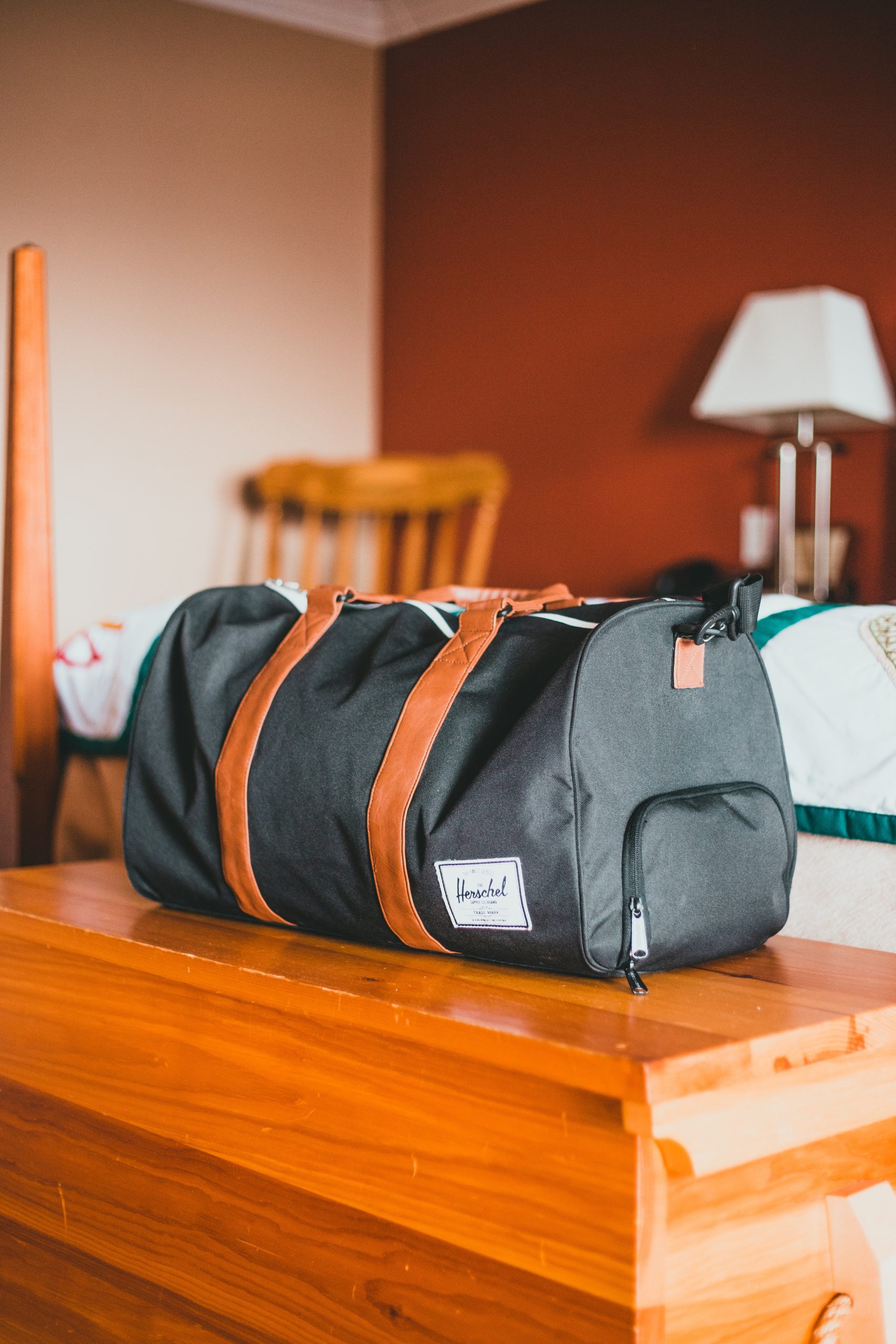4 minute read

Many people travel when they are young before they have moved out. Once you own or rent a home, planning travel can be more of a challenge. It’s usually fine to leave your home vacant for a week or two, but it could be risky to leave it vacant any longer than this – your home could get burgled or problems like water leaks could be left to cause damage. You’ll also have to continue paying bills as you travel, which could be hard to cover on top of travel costs.
So what should you do with your home while travelling? This post explains some of the options as to what you should do with your home as you travel.
Ask someone to house-sit
It could be worth asking a friend or family member to regularly check-in on your home while you’re gone. On top of feeding pets and watering plants, this person can help to check for any problems. It could also be worth asking them to collect mail (a build-up of unopened mail can often be an advertisement to burglars) and open any urgent letters.
Another option could be to ask someone to physically stay in your home while you’re away. This could be a friend or family member or someone who you pay to house-sit. Having someone constantly in the home will deter burglars and will allow any problems to be identified immediately. Just consider the fact that you will be paying all the bills while they are there.
Rent out your home as you travel
If you’re travelling for more than six months, you may want to consider renting out your home. Charging someone to stay in your home could help you to cover bills while you travel, while also ensuring that your home isn’t vacant.
If you rent your home, you’ll have to ask your landlord for permission before subletting it. If you own your home and pay a mortgage, you’ll have to check that your mortgage lender allows you to take on lodgers or tenants (you may have to temporarily remortgage your home in some cases).
You can rent out a room or your entire home. In both cases, you may have to consider temporarily moving out some of your personal possessions into self storage facilities so that they can make the space their own. Make sure the tenant is aware of exactly how long they can stay there and make sure to vet them thoroughly to ensure that you can trust them. As a landlord, consider the fact that you will still be responsible for home repairs – you may want to hire a property manager who your tenant can contact in your absence if any repairs need doing.
Consider moving out
If you’re travelling for over a year, consider whether it’s worth moving out of your home completely. While it’s nice to have a home to use as a base, getting someone to house-sit or rent out your home in your absence may be too much of a hassle. Moving out of your home does mean saying goodbye to your home, but could allow you to travel freely without any financial ties back home.
As with renting your home to tenants, you can put your personal possessions into self storage while you travel and then move into a new home when you return. If you currently rent a home, it could be worth waiting until your tenancy contract is up to start travelling. If you own your home, you’ll need to make sure that the sale process is fully completed before you start travelling (you could even use some of the money from selling your home to fund your travels!).




